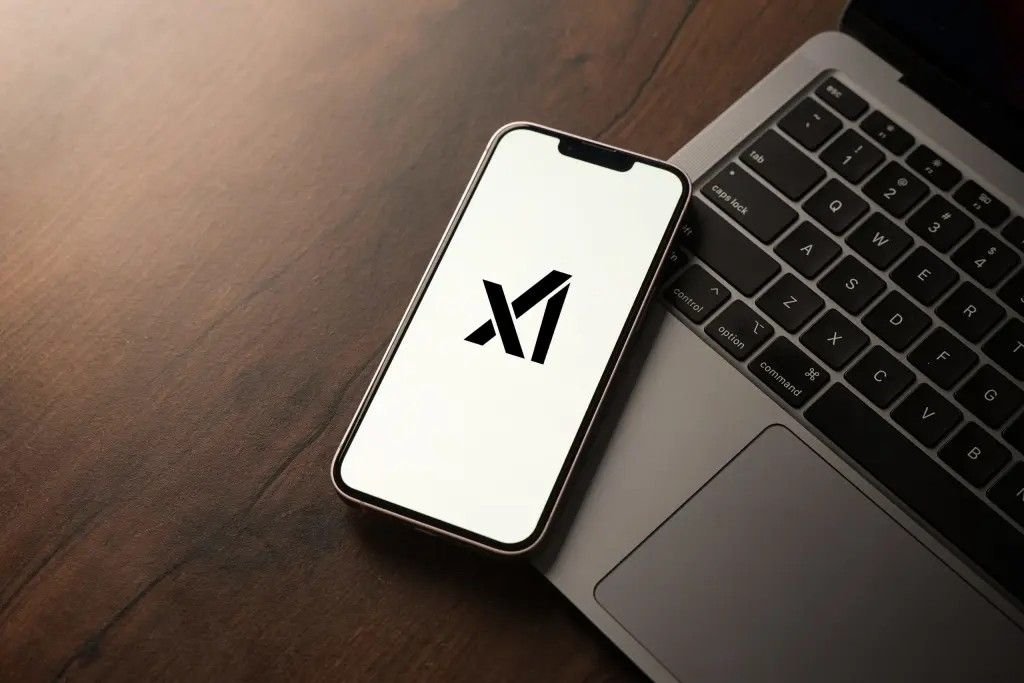Karachi-based fintech startup Qist Bazaar has successfully raised $3.2 million in a Series A funding round. The round was led by Pakistan-focused venture capital firm Indus Valley Capital, with significant participation from Asian investor Gobi Partners. This follows earlier investments from Bank Alfalah, a leading commercial bank in Pakistan.
Launched in 2021 by Arif Lakhani, Qist Bazaar operates a buy now, pay later (BNPL) platform that distinguishes itself by catering to the unbanked and underbanked majority in Pakistan. The platform enables customers to purchase a wide range of products including electronics, mobile phones, home appliances, and even motorbikes on installment plans.
Qist Bazaar’s services are accessible through its website and various showrooms across Pakistan. Licensed by the Securities and Exchange Commission of Pakistan (SECP) as a Non-banking Financial Company (NBFC), the company has disbursed over 55,000 product loans totaling $12 million within three years.
The company aims to address the needs of diverse customer groups, from individuals with no financial history to those associated with established financial institutions. “By adopting a simple eligibility criterion—’Every Pakistani’—Qist Bazaar has enabled underserved groups such as domestic workers, rickshaw drivers, students, and micro-entrepreneurs to access installment-based financing,” the company stated.
With the new funding, Qist Bazaar plans to expand its product range, enhance its technological capabilities, and scale operations nationwide. “We are committed to making essential home items accessible to all Pakistanis, transforming necessities like ceiling fans and water dispensers from luxuries to attainable products through flexible payment plans,” said Arif Lakhani, co-founder and CEO of Qist Bazaar.
Aatif Awan, Founder and Managing Partner at Indus Valley Capital, praised the startup’s potential. “Qist Bazaar has the potential to revolutionize consumer financing in Pakistan, much like Bajaj Finance in India. We’re not just excited about the market opportunity but also the significant impact on the lives of millions of Pakistanis.”
The startup also boasts of being EBITDA-positive from day one, highlighting its solid unit economics and focus on sustainable growth. However, it has chosen not to disclose specific figures regarding its delinquency rates.















